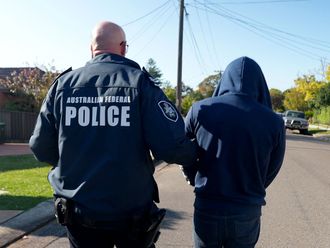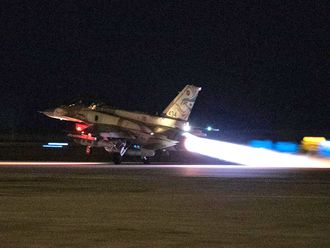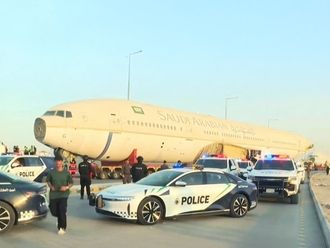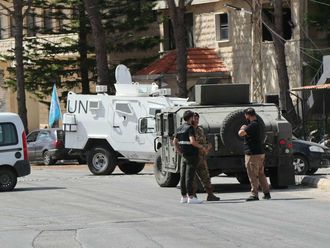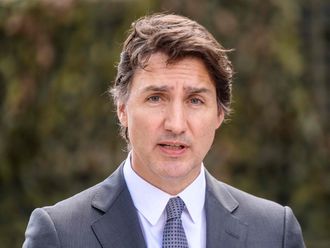Yerevan: Russia Thursday urged Armenia and Turkey to move ahead with an historic rapprochement and Yerevan said it hoped Ankara was not blocking ratification of their deal to end a century of hostility.
Turkey and Armenia, their relations haunted by the First World War mass killing of Armenians by Ottoman Turks, agreed in October last year to establish diplomatic ties and reopen their land border closed by Ankara in 1993.
But the accords need parliamentary ratification, a step Turkey says depends on Armenia making concessions in the festering conflict with Turkish ally Azerbaijan over the breakaway mountain region of Nagorno-Karabakh.
Armenia, Russia's strategic and economic ally in the South Caucasus, rejects the link, and won the backing of Russian Foreign Minister Sergei Lavrov.
"To try and artificially link those two issues is, in my opinion, not correct," Lavrov told reporters in Yerevan after meeting his Armenian counterpart, Edward Nalbandian.
"We are interested in this relationship normalising. The sooner that happens, the better for the whole region," Lavrov said.
Economic benefits
Rapprochement, backed by the West and Russia, would bring big economic benefits to poor, landlocked Armenia, while Turkey would burnish its credentials as a potential EU entry state and boost its clout in the Caucasus, a region criss-crossed by pipelines carrying oil and gas to the West.
But analysts say Turkey is worried over the angry backlash from fellow Muslim ally Azerbaijan, with the two bogged down in protracted negotiations over the price of Azeri gas supplies.
Azerbaijan is being courted by Russia and the West for its energy reserves in the Caspian Sea, and is one of Europe's main hopes to supply gas for the planned Nabucco pipeline.
Time frame
To soothe Azeri concerns, Turkey says it wants progress in talks between Armenia and Azerbaijan over Nagorno-Karabakh, where Christian ethnic Armenians threw off Azeri rule with Armenian backing in the early 1990s.
Turkey closed the frontier with Armenia in solidarity with Azerbaijan during the war, which killed 30,000 people.
Armenia's Nalbandian said: "I don't want to have the impression, and I think the international community also does not, that Turkey is specially blocking ratification of the protocols."
"What's a reasonable time frame? It's not dragging out and not creating artificial barriers."
A trio of Russian, French and American mediators intensified negotiations over Nagorno-Karabakh in 2009, but analysts say there is little sign of concrete progress.


